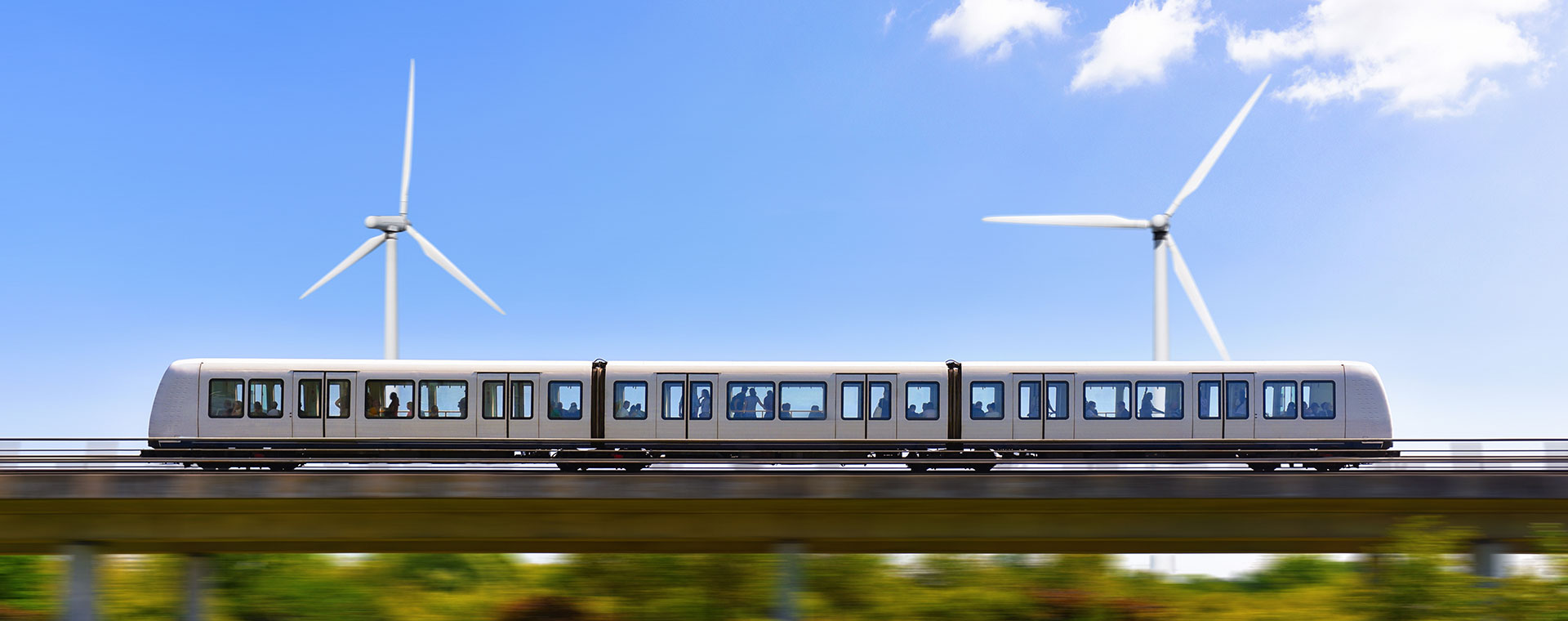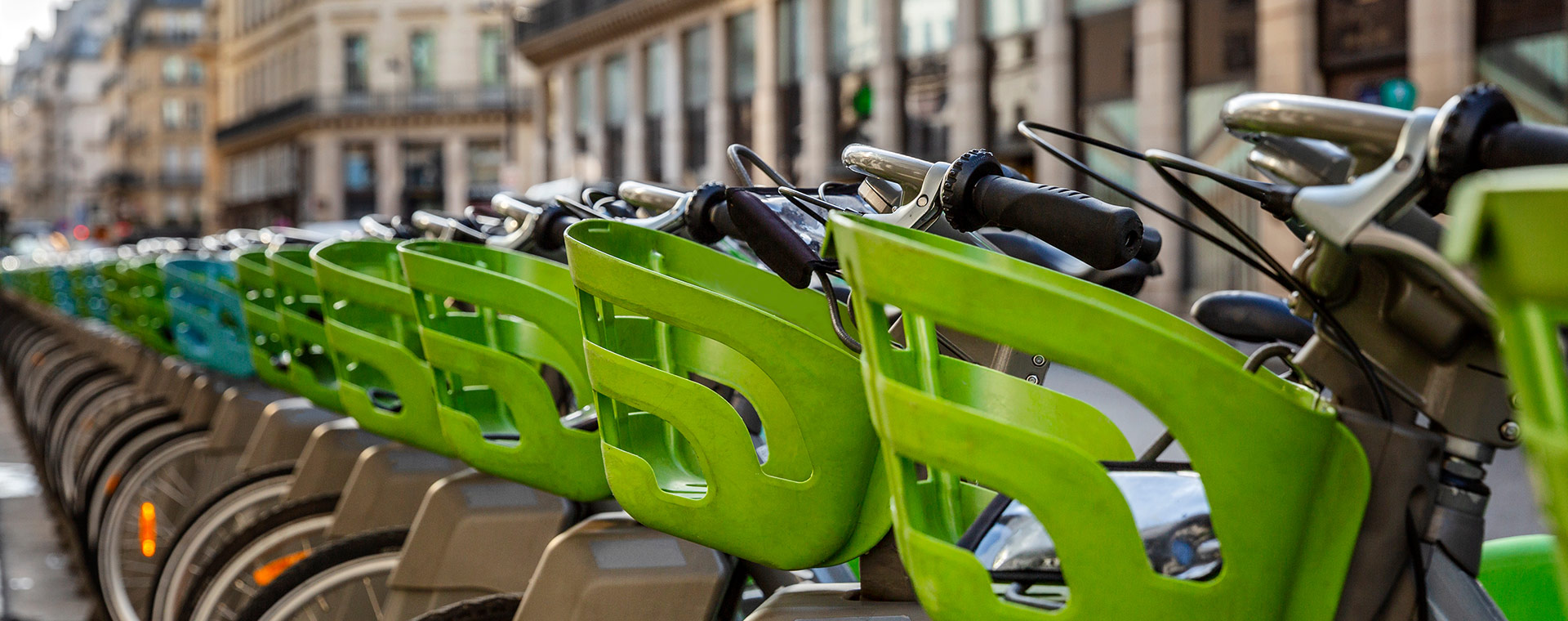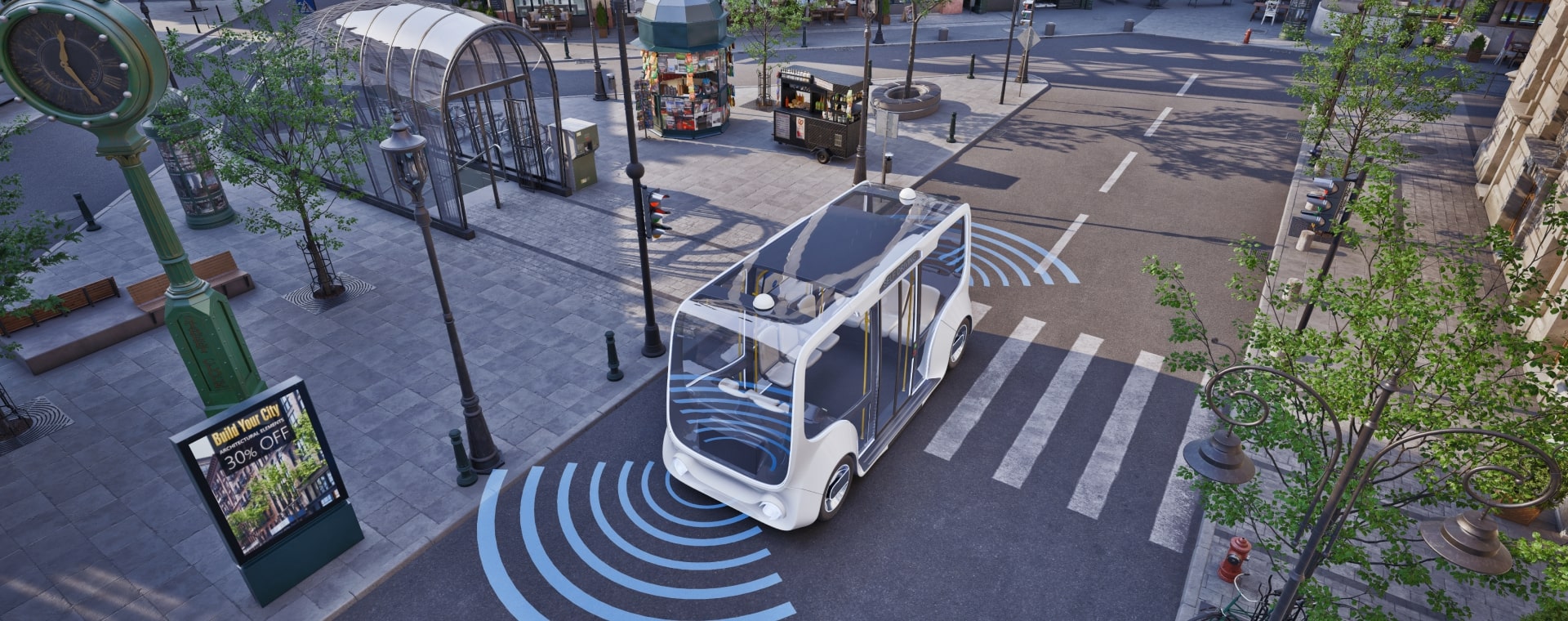Interview
Climate
How mobility can help change the conversation about the climate transition?
-
François Gemenne
Member of the IPCC and co-director of the Defense & Climate Observatory at IRIS Scientific Advisor

We are living a difficult period for environmental policies and the ecological and climate transition. In Europe, especially after the recent European Parliament elections,the Green Deal is facing harsh criticism, sometimes outright attack. Some of its key elements are in jeopardy. Why? Because the Green Deal is often perceived as being unfair, a burden that is unequally distributed between different stakeholders.
Mobility as a vector for social cohesion
But in fact, public transportation and mobility can be a strong vector of social cohesion, and help us put the Green Deal back on track. It is clear that road transport is a leading source of emissions across Europe, and needs to be decarbonized. By developing public transportation, we can both decarbonize road transport and reinforce social cohesion. Our cities were built around the use of individual cars, but need to better integrate public transportation networks, bicycles and pedestrians, even if cars remain part of the equation. Public transportation brings people together, fostering a sense of doing this together, not just each person for themselves. This is especially important in peri-urban areas that often face both social and transport poverty issues. If we don’t combine environmental issues and social cohesion issues, I’m afraid that we will fail on both counts. By combining them intelligently, we can succeed in both.
The perception of climate action
We know today that some challenges related to cleaner and more inclusive transport should have been tackled years or decades ago. But we also realize that one reason why climate action often takes so long is that it is still widely perceived as a constraint, as a burden. We have insisted on the impacts of climate change that would materialize if we don’t do anything. But we have probably not insisted enough on the benefits of action. We really need to reverse the way we communicate about climate action.
Emphasizing the benefits
Mobility, and public transportation in particular, is a great way to materialize these benefits, because we have seen that investment in public transportation and mobility schemes is also a way to make cities more enjoyable. Politics should be about making people happier, but very often we lose track of that objective. One of the reasons for the backlash against climate action is that people feel the constraint, the burden, the blood and the tears. But they don’t see the victory. They don’t see the benefits. We absolutely need to insist on those benefits to make them visible. Perhaps the best way to do that is through mobility.
increase in European
transport emissions
since 1990.
potential European
transport share
of all emissions by
2030 with current
Green Deal policies.
Source: The State of European Transport 2024. green technologies and mobility solutions.
-
 Interview
Climate
Interview
Climate
Does climate action mean less mobility?
Mallet Thierry, Chairman and Group Chief, Executive Officer of Transdev
-
 Interview
Climate
Interview
Climate
How can we reconcile mobility and climate action?
Gemenne François, Member of the IPCC and co-director of the Defense & Climate Observatory at IRIS Scientific Advisor
-
 Interview
Climate
Interview
Climate
Democracy, mobility and climate change: what’s next?
Democracy, mobility and climate change: what's next? Ulrike Guerot answers this question for The Mobility Sphere.
-
 Interview
Climate
Interview
Climate
How mobility can help change the conversation about the climate transition?
It’s about making people happier
We are living a difficult period for environmental policies and the ecological and climate transition. -
 Interview
Climate
Interview
Climate
What role can businesses play in climate change adaptation?
Adèle Tanguy, Research Fellow at IDDRI



